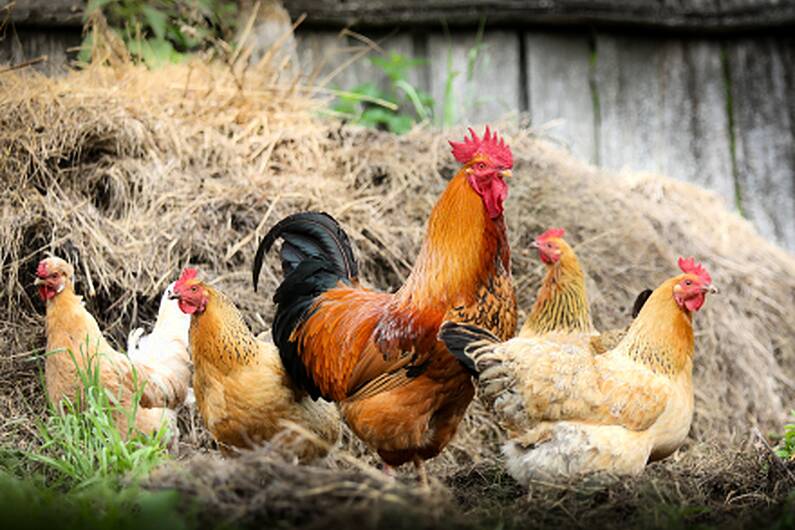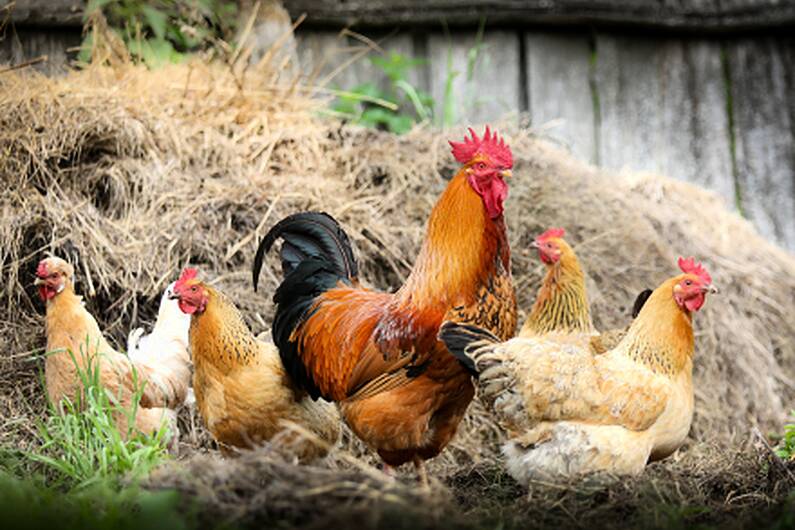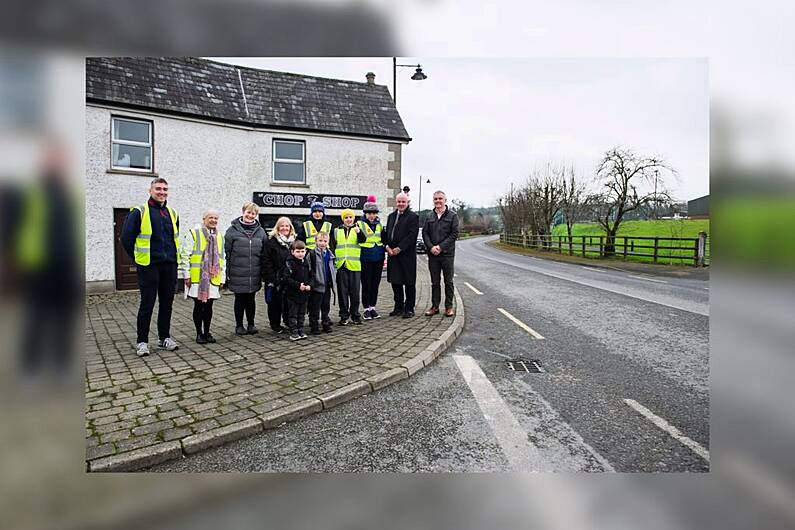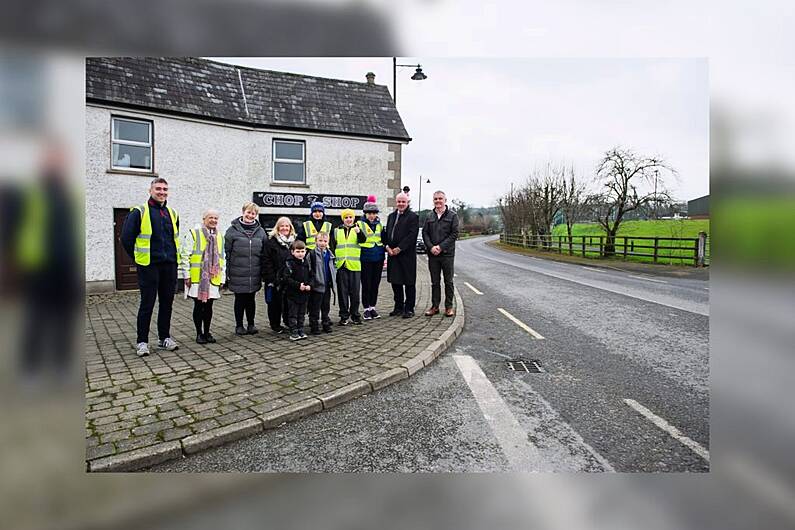Advice is being issued to members of the public as Monaghan breathes a sigh of relief following a negative test result from a farm suspected of being infected with bird flu.
Avian Influenza, which can be deadly to fowl, cannot be passed to humans, however the spread of the virus to Cavan and Monaghan's many poultry farms could be devastating to families and livelihoods.
A housing order from the Department of Agriculture came into effect from Monday for poultry flocks and captive birds to protect them from avian influenza. It follows five detections of the virus (bird flu) 'in wild birds across Ireland since last December.
Separate detections were made in Galway and Dublin in December, with three more cases last month in Donegal, Westmeath, and Wexford. 64,000 birds had to be culled at a commercial premises just over the border in Co. Tyrone at the weekend. The Department of Agriculture remind members of the public not to touch sick or dead wild birds.
They should also avoid contact with surfaces contaminated with bird faeces and should not handle bird feathers they find in the wild. Pet owners are advised to ensure dogs are on a short lead when walking in areas where any sick or dead wild birds are, or have been, present. Sick or dead wild birds can be reported to DAFM or the National Disease Emergency Hotline on 01 492 8026.
The following is a statement from the Department of Agriculture.
The Department can confirm that initial tests on samples taken from a poultry flock in Co Monaghan are negative for avian influenza virus. Further tests are underway. The flock will remain restricted until all test results are confirmed.
A national housing order and ban on gatherings of birds came into effect on Monday, 17 February, in order to protect birds from the threat of avian influenza. This followed the introduction of poultry biosecurity regulations in early December.
With the H5N1 virus circulating in wild birds across the island and a recent outbreak of avian influenza in Northern Ireland, it is vital that all those with poultry or captive birds take every step to protect them. Biosecurity is the most important tool to keep the virus out of a flock and prevent an outbreak.
Avian influenza does not pose a food safety risk in relation to properly cooked eggs or poultry meat. The public are strongly advised not to touch or pick up dead wild birds, however, in case those wild birds were infected with avian influenza.







